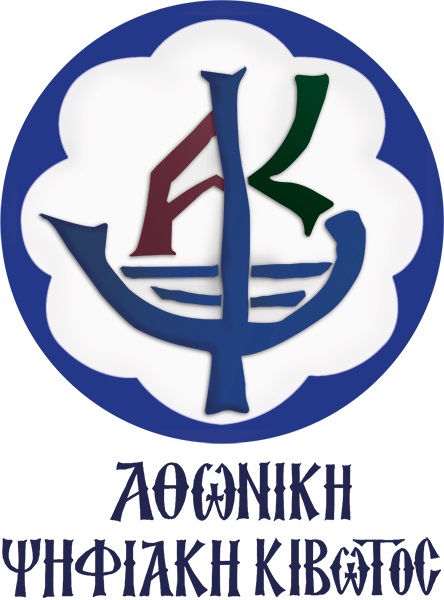The Sacred Relics
The main concern of both the founders of the Byzantine monasteries and the monks, who often took part during the Byzantine period in pilgrimages to the great holy places in the Christian world, was the enrichment of their monasteries with sacred relics, which have been considered since the earliest Christian era to be 'more valuable than precious stones'. From the era of its founding until today, the Monastery has prized sacred relics, which are protected in holy reliquaries within the sanctuary of the cathedral. From documents in the archives of the Monastery, we are informed that a number of times sacred relics were moved outside the Monastery, either in cases where it was necessary to raise funds when the Monastery faced economic problems, or for the blessing, sanctification, and healing of the faithful in different cities or regions, when asked to do so, an act which is common even in the present day.
The most important of the sacred relics which have survived through the centuries and which are protected in the Monastery are the following:
A piece of the seamless garment of Christ, stored in a reliquary, along with a piece of the true cross, which is housed in a reliquary in the shape of a cross and decorated with precious stones, which has a relief of the donor, the Emperor Andronikos II Palaiologos, on its vertical member.The cranium of St Ioannikios of Olympos.
A piece of the cranium of St Ioannis the Merciful, Patriarch of Alexandria.A piece of the cranium of St Theodoros of Stratilatos.
Pieces of the craniums of the Sts Anargyroi Kosmas and Damianos.
The right leg and right palm of the Apostle Andreas.
A part of the leg of St Ioannis Chrysostomos.
The right hand of St Theofilos the Myrovlitos of Pantokratoros.
A part of the copper shield of St Merkourios, decorated with enamel and depicting the veneration of the infant Christ by the Magi.
The ulna with flesh of St Foteini of Samareitidos.
Barsky mentions other relics, which are not in the Monastery today, such as the finger of St John the Baptist and the entire hand of St Mitrodoras.
